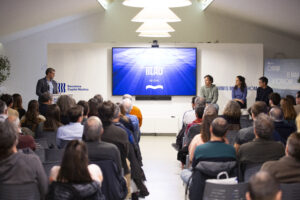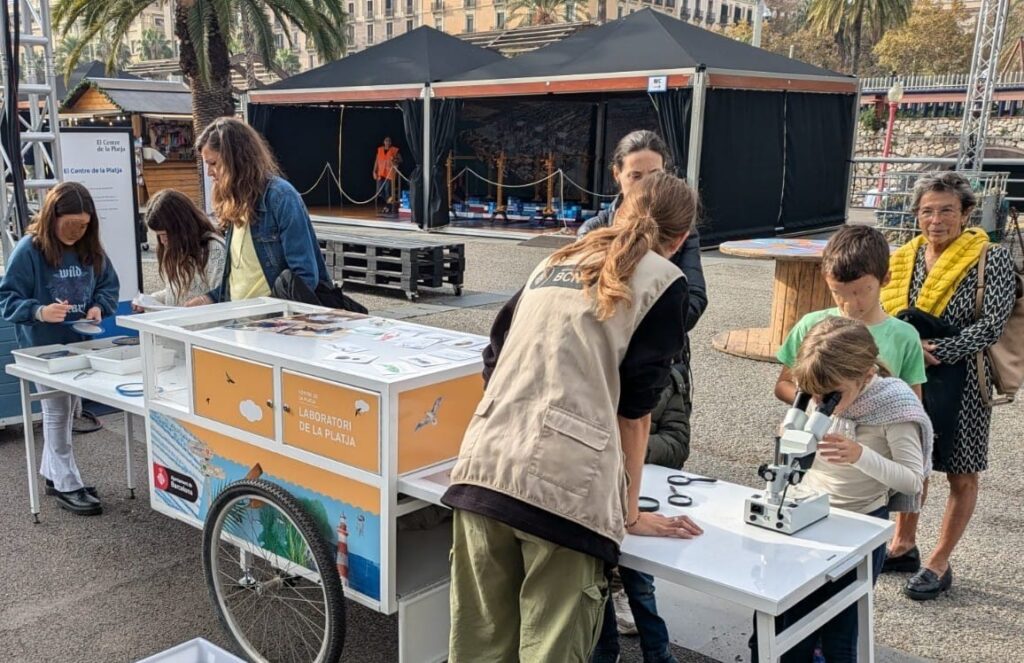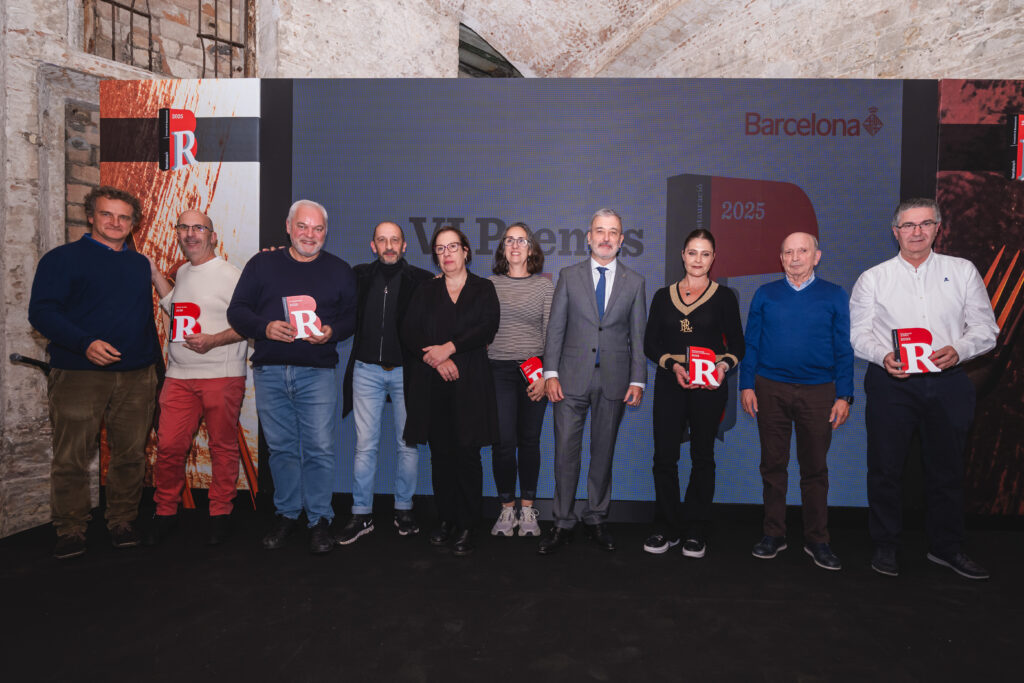The maritime landscape of Barcelona today is a direct legacy of the ’92 Olympic Games, which promoted a strong transformation of a primarily industrial and port area, and with limited access to the sea for citizens, to turn it into a modern space, with renovated beaches and a wide range of leisure and restaurants.
This metamorphosis promoted, however, the practice of nautical sports such as sailing or windsurfing. The old industrial docks were transformed into a sports marina with moorings for yachts and recreational boats and, soon, Barcelona became a reference point for recreational boating.
32 years later
The celebration of the 37th America’s Cup in Barcelona this summer is an opportunity to once again implement the transformation of Barcelona’s maritime ecosystem, using the sailing sports event as a catalyst to position the Catalan nautical industry internationally, and at the same time when the need to preserve and manage oceans and marine resources in a sustainable manner is essential to guarantee their long-term use.
In this sense, the Barcelona Capital Náutica Foundation ( FBCN) , together with its skippers, and in a project led by the Generalitat of Catalonia and the Barcelona City Council, in collaboration with the Barcelona Nautical Cluster, has promoted a pioneering project for sustainable recreation, which seeks to take advantage of the international appeal of the Copa América to make the potential of Barcelona and Catalonia as decarbonization hubs of the nautical sector visible.
Rethink the viability of the Catalan nautical sector

Beyond the America’s Cup , the program also aims to rethink the viability of the Catalan nautical sector in the long term and contribute to improving its competitiveness, so that, in addition to the manufacturing of these boats, the installation of charging points has been promoted to the Catalan ports, to provide service to a demand that, in the not too distant future, seems to begin to grow.
The project, in a more macro area, is the reformulation of the business model of the nautical sector. A reflection that has begun with a sectoral table public/private which includes all the agents involved in the value chain of the decarbonization of nautical, among them, companies linked to public administrations, universities, shipyards, manufacturers of components, nautical electronics and recharging systems, to jointly address the challenge of decarbonization, electrification, new renewable fuels and, ultimately, the sustainability of the nautical sector.










